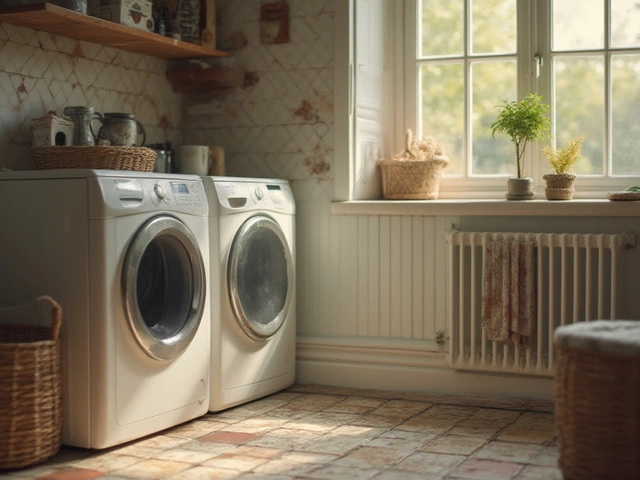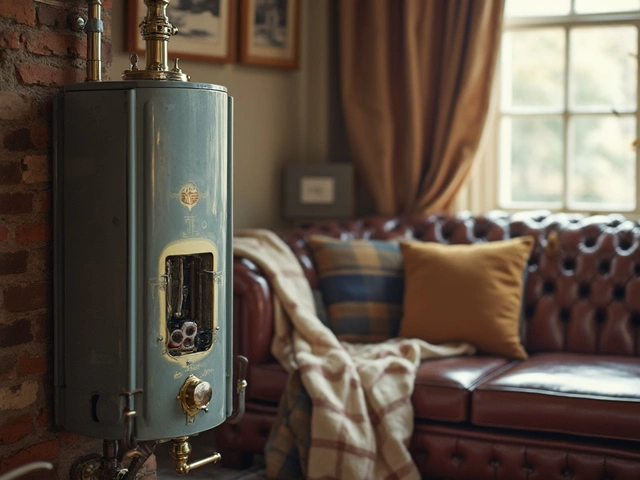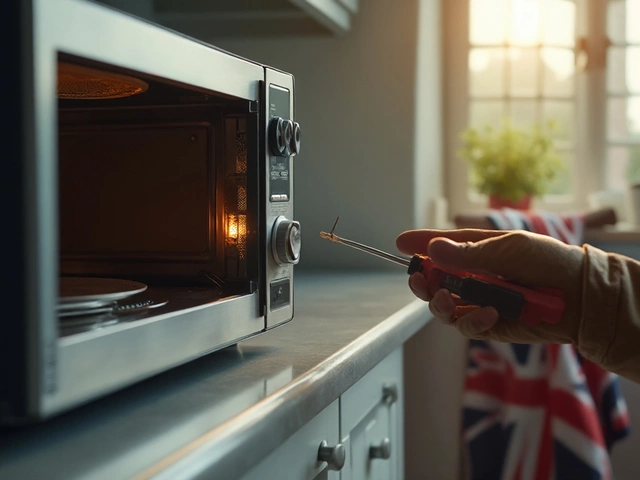If your electric oven feels like a freezer, you’re not alone. A cold oven can ruin dinner plans and leave you wondering if you need a costly engineer. The good news? Most heating problems are simple to diagnose and fix yourself, as long as you follow a few safety steps.
The most common culprit is a broken heating element. When the element burns out, the oven stays cool no matter which temperature you set. A faulty thermostat or temperature sensor can also send the wrong signal, so the element never turns on. Occasionally a tripped circuit breaker or a loose wire in the oven’s control board will cause the same symptom.
First, unplug the oven or switch off the circuit breaker. Safety is the top priority. Next, locate the heating element – it’s the long metal coil at the bottom or back of the oven cavity. Visually inspect it for discoloration, cracks, or a broken segment. If it looks okay, use a multimeter set to resistance (ohms). Touch the probes to the element’s terminals; a reading of 10‑30 ohms usually means it’s healthy. Anything outside that range indicates a bad element.
When the element is faulty, remove the two screws that hold it in place, disconnect the wiring harness, and pull it out. Slide the new element into the same slot, reconnect the harness, and tighten the screws. Most replacement elements cost between £30‑£60 and come with a simple install guide.
If the element checks out, move on to the thermostat or temperature sensor. These parts sit behind the oven’s rear panel. Again, test with a multimeter – the sensor should show a steady resistance that changes with temperature. A stuck‑low reading means the sensor needs swapping. Replacing a thermostat or sensor usually costs £20‑£40 and follows the same removal‑replace‑secure steps.
After any part swap, plug the oven back in and run a quick heat test. Set the oven to 180°C and watch the element glow within a few minutes. If it heats, you’ve solved the problem. If not, double‑check the wiring connections and make sure the circuit breaker didn’t trip during the test.
When DIY isn’t enough, call a qualified electrician or oven repair specialist. Some issues, like a damaged control board or internal wiring faults, require professional tools and certification. Attempting these fixes yourself can be dangerous and may void any warranty you have.
Cost‑wise, a basic element or sensor replacement is usually under £100, including parts and a few hours of labor if you do it yourself. A professional call‑out can run £80‑£120 plus parts, so weighing the price against the hassle helps you decide the best route.
In short, most electric oven heating failures stem from a burned‑out element, a bad sensor, or a simple electrical hiccup. With the right tools and a careful approach, you can troubleshoot, replace, and get back to baking in under an hour. Keep a multimeter, screwdriver, and a spare element on hand – you’ll thank yourself the next time the oven decides to stay cold.

Repairing an electric oven on your own can be daunting, but it may be easier than it seems. This article explores the basics of oven function, safety tips, and common issues like heating problems or broken knobs. You'll find valuable advice on identifying problems and learning when it's best to call a professional. With a bit of knowledge, some troubleshooting, and a few tools, you might be able to save money on repair costs. Remember to prioritize safety above all while attempting repairs.

This article breaks down what an appliance standard really is and why it matters when you’re buying or servicing home appliances. You’ll learn about the rules that keep appliances safe and efficient, plus tips for spotting compliant models. It explains how standards affect your bills and the planet. Real-world examples make it clear and easy to understand. Use this guide to make smarter choices about your appliances.

Thinking of how long your gas hob will last? Dive into the expected lifespan of gas hobs, factors that affect their longevity, and simple maintenance tips. Discover how regular care can stretch your appliance's life and understand when it's time to consider repair or replacement. Make informed decisions to keep your culinary adventures flaming well.

Is your washing machine considered old? Learn the real lifespan, signs it's aging, and pro tips to keep it running longer. Get real facts and advice from an expert.

Water heaters don't last forever, so it’s important to know how long yours might stick around. Generally, these devices are built to last about 8 to 12 years, but several factors can influence their longevity. By understanding signs of wear, maintenance tricks, and when it's time to say goodbye to your old model, you can ensure hot showers won't become a thing of the past. Let's break down everything you need to know about your water heater's lifespan.

Learn fast how to spot a blown microwave fuse, test it safely, and replace it yourself. Step‑by‑step instructions, tools needed, and common pitfalls covered.